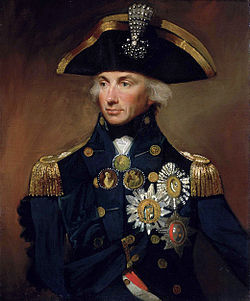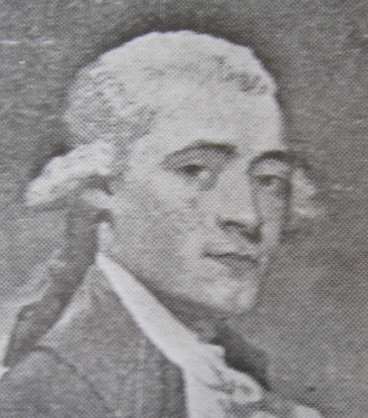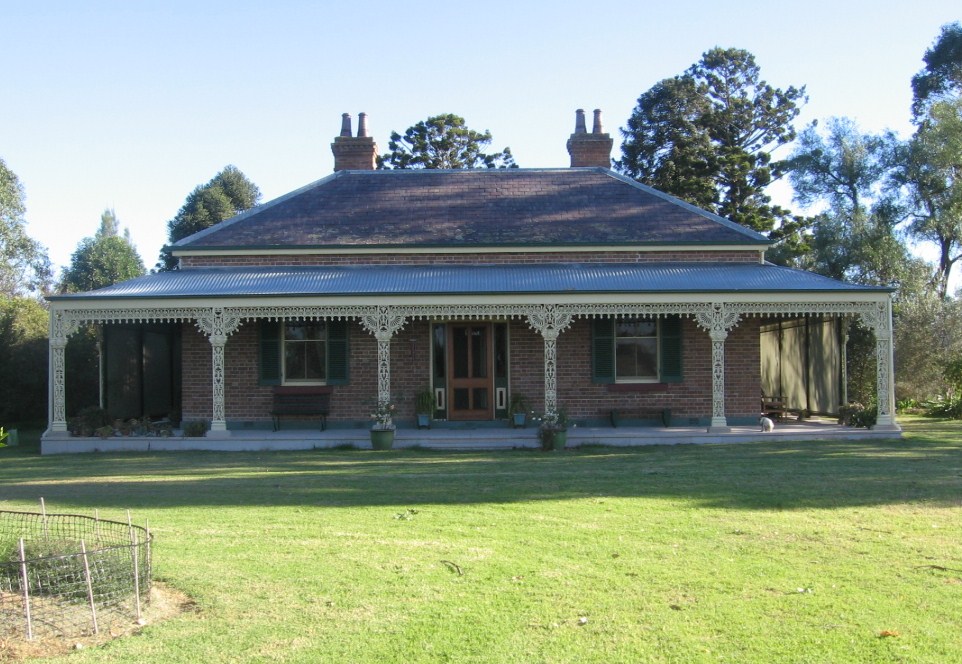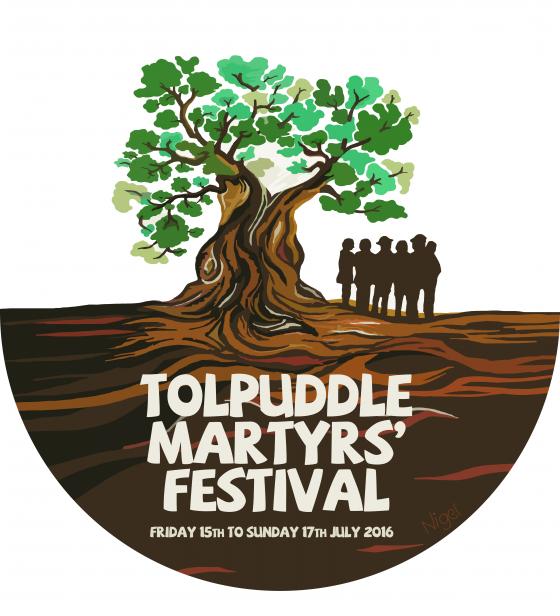(from ‘The Nelsons of Burnham Thorpe’, by Mary Eyre Matcham, p151)
In the course of writing about my four times great grandmother Mary Matcham Pitt I spent a ridiculous amount of time researching her cousin-in-law Admiral Horatio Nelson.
Mary’s cousin George Matcham was married to Nelson’s youngest sister Catherine, and it was George who – with the aid of the Nelson name – arranged for Mary and her family’s migration to the fledgling colony of New South Wales in 1801. George and Horatio were great friends as well as brothers in law, and I was more than delighted to come upon a book called The Nelsons of Burnham Thorpe, written by a descendant of George’s, which revealed many behind-the-scenes stories of the Nelsons and the Matchams, such as the following. It shows a side of Nelson we don’t often hear about.
When Nelson lost his eye in battle he was refused a pension until he could produce a formal certificate. After a moment of ‘vexation’ he began to see the funny side and insisted on the surgeon providing him with another certificate to prove the loss of his arm, ‘which he declared might just as well be doubted as the other’.

So he drew up a petition on behalf of his remaining left arm, written by his brother William and the rest in his sister Catherine’s hand, with the final words and signature in Nelson’s own ‘well-known left-handed scrawl’. The edited version goes like this:
“To THE NURSES, PARENTS & GUARDIANS OF THE KINGDOMS OF GREAT BRITAIN & IRELAND
Whereas your humble Petitioner has had the mis-fortune to lose his Brother in His Majesty’s Service, & is now obliged to do all his Master’s work himself, to which he is by no means competent. This is to certify in behalf of himself & the whole race, that they have been from time immemorial, greatly abridged of their Just rights & Privileges.
They therefore respectfully submit to your consideration the following observations & humbly hope that you will condescend to take Notice of their lamentable case.
And first, no person has ever endeavoured to insinuate that right hands were made before left ; so that no peculiar privilege can be claimed by either party, on the score of seniority.
Secondly, the left hand is as long & strong by Nature as the right, has as many joints, fingers & nails ; wherefore no Just title to pre-eminence can be asserted by either, founded upon superior capability.
For these reasons, we would have an equitable, true & perfect equality to be established between us according to the laws of Reason & Nature : & neither of us to be superior or inferior to the other.
Instead of which, you must acknowledge that at present, We the left hands have been kept in a state of comparative ignorance, & barbarism.
This arises solely from our want of education, for while the favoured right hand is attended by the very best masters in writing, drawing, & fencing &c. the poor left hand is neglected, forgotten & hangs aukwardly dangling by the side ; except now and then when called in to assist in some drudgery which the right hand does not choose to do by himself. Barbarous custom too has excluded us from a participation of the most pleasant offices that our nature is capable of ; if we meet our friends & acquaintances, we are not suffered to move, but the right hands instantly leap to embrace each other & enjoy the delight of friendship. How often has your petitioner itched to take a Lady by the hand, but yet never was permitted, tho’ the right was engaged in all the offices of Gallantry, and in battle, when my noble Master, God bless him, was hewing down the Dons with the right hand, your petitioner remained unemployed, liable to all the injuries of war without the means of defence or retaliation.
In this age of innovation it is considered dangerous to propose reforms of any kind & they seem somewhat suspicious when they come from the party alone to be benefitted, but as the reform which your petitioner stands up for, does not to the best of his knowledge bear in its remotest consequences upon the constitution in Church or state, he trusts that the objects of it will not be accused of temerity, folly, malevolence & so forth. Qualities too often he fears justly chargeable upon political Reformers.
Should his arguments have any weight with You & the prayer of his humble petition be taken into consideration & produce a change of system, Your petitioner will together with all his fellow sufferers be bound in Your service by the strong ties of gratitude & your petitioners shall ever pray
Admiral Nelson’s left hand.”
© Patsy Trench



